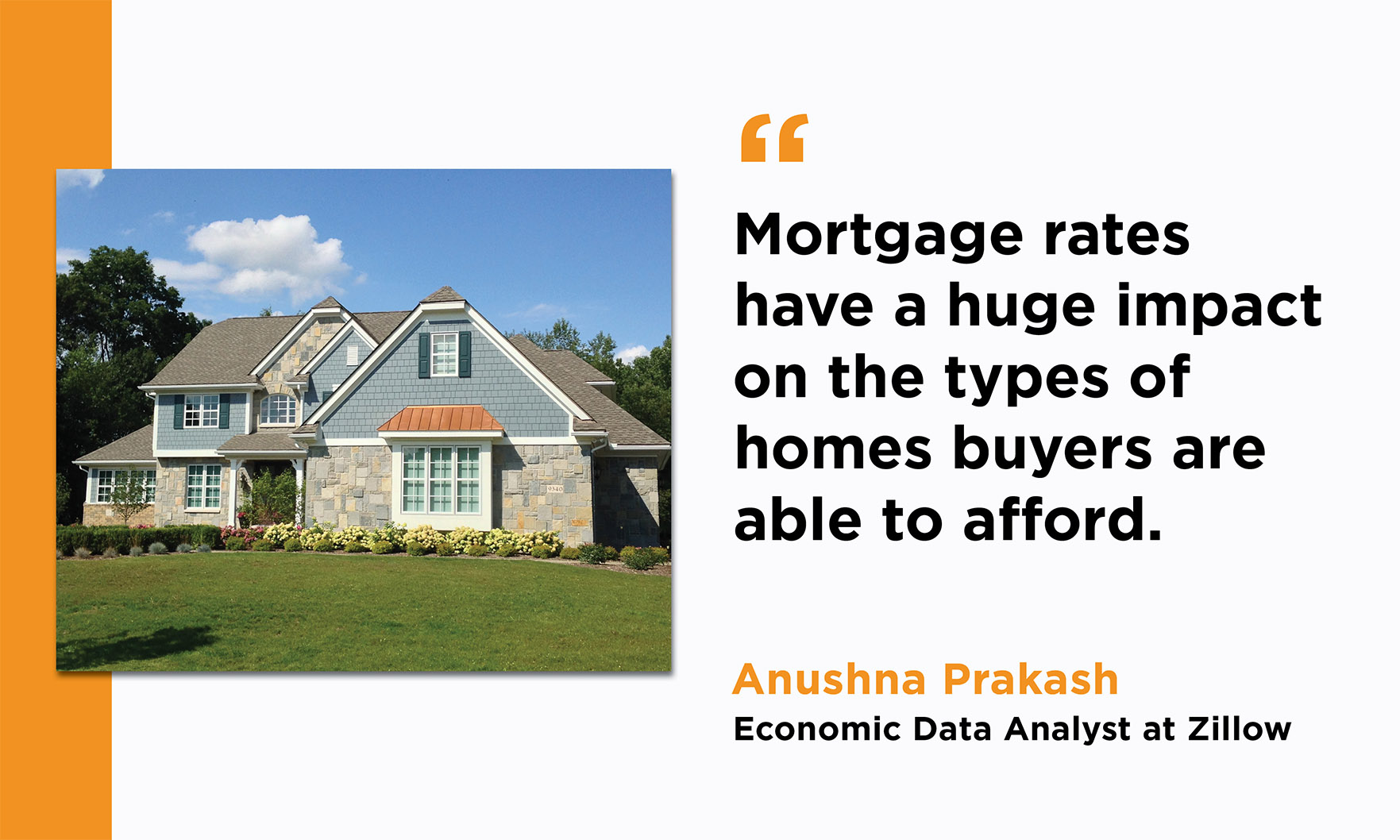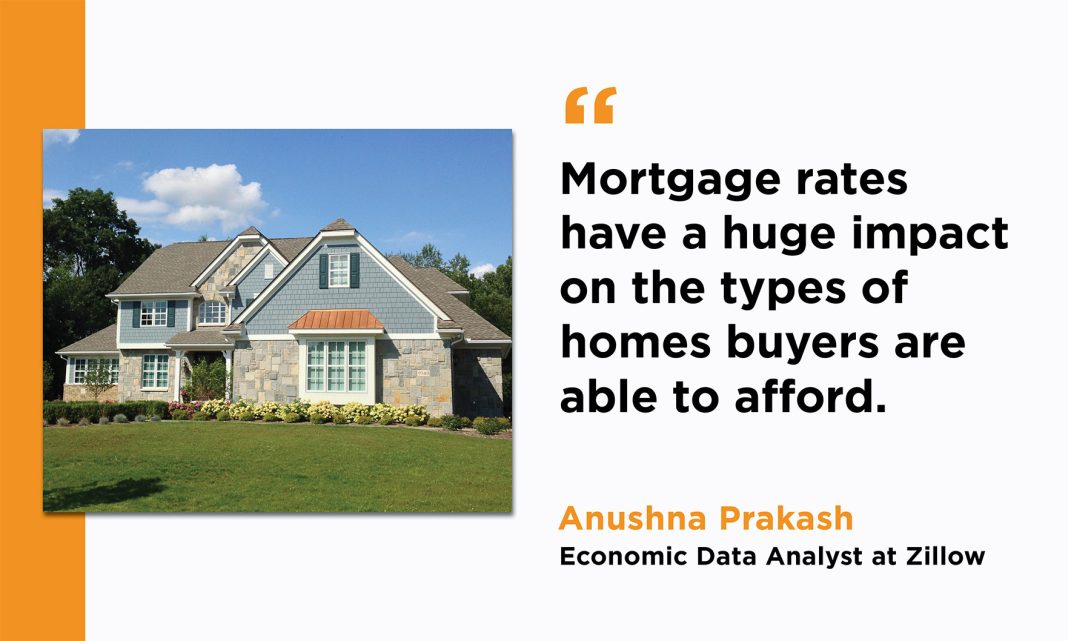 Biden’s Housing Policies: A Balancing Act between Climate Goals and Economic Impact
Biden’s Housing Policies: A Balancing Act between Climate Goals and Economic Impact
As President Joe Biden continues to implement his policy agenda, one area that has come under scrutiny is his approach to housing. Critics argue that his policies are making it harder for Americans to buy homes, all in an effort to cater to the demands of both environmental activists and Wall Street. However, a closer look reveals a more nuanced picture.
1. The Push for Green Homes
One of the key factors driving Biden’s housing policies is his commitment to combating climate change. The administration aims to incentivize the construction of energy-efficient and environmentally-friendly homes. This push for green homes is seen as a crucial step in reducing carbon emissions and transitioning to a more sustainable future.
Recent studies have shown that buildings are responsible for a significant portion of global greenhouse gas emissions. By promoting energy-efficient homes, the Biden administration hopes to not only reduce the carbon footprint but also lower utility bills for homeowners in the long run.
2. Impact on Homebuyers
While the push for green homes may have positive environmental implications, critics argue that it comes at a cost for potential homebuyers. Some of the proposed policies, such as stricter energy efficiency standards and increased regulations, could lead to higher construction costs. This, in turn, would drive up the prices of new homes, making them less affordable for many Americans.
According to a report by the National Association of Home Builders, approximately 25% of the price of a new home is due to government regulations. The concern is that additional regulations aimed at promoting energy efficiency could further inflate housing prices, ultimately making it harder for first-time buyers to enter the market.
3. Wall Street Influence
Another aspect that critics point out is the influence of Wall Street in shaping Biden’s housing policies. It is argued that the administration’s focus on affordable housing and increasing access to credit is driven by the interests of big financial institutions.
By expanding access to credit, the administration aims to stimulate the housing market and boost economic growth. However, some argue that this approach could lead to another housing bubble, similar to the one that caused the 2008 financial crisis. Critics claim that Wall Street’s influence over policy decisions may prioritize short-term economic gains over long-term stability.
4. Balancing Act
In reality, Biden’s approach to housing is a delicate balancing act between addressing climate change concerns and ensuring economic stability. The administration recognizes the need for affordable housing and aims to expand homeownership opportunities while also pushing for green initiatives.
To mitigate the impact on homebuyers, the Biden administration has proposed tax incentives and grants to help offset the costs of energy-efficient upgrades. These measures aim to make it more affordable for homeowners to invest in green technologies and comply with stricter regulations.
Moreover, experts argue that the long-term benefits of energy-efficient homes outweigh the initial costs. Lower utility bills and increased resilience against climate change can save homeowners money in the long run and contribute to a more sustainable future.
Conclusion
While critics may argue that Biden’s housing policies are making it harder for Americans to buy homes, the reality is more complex. The administration’s focus on green homes and expanding access to credit is driven by both environmental concerns and economic aspirations. By striking a balance between these two priorities, the Biden administration aims to create a housing market that is both environmentally sustainable and economically accessible for all Americans.


